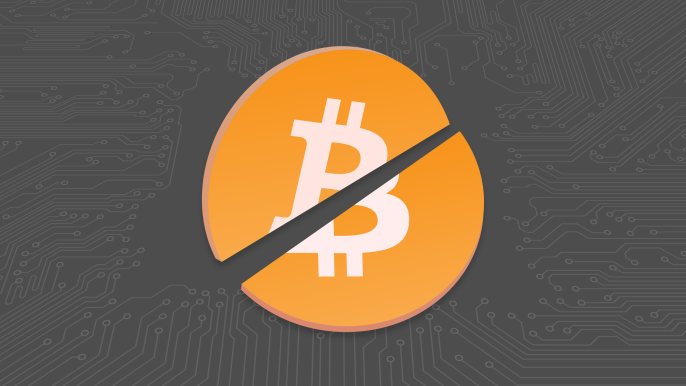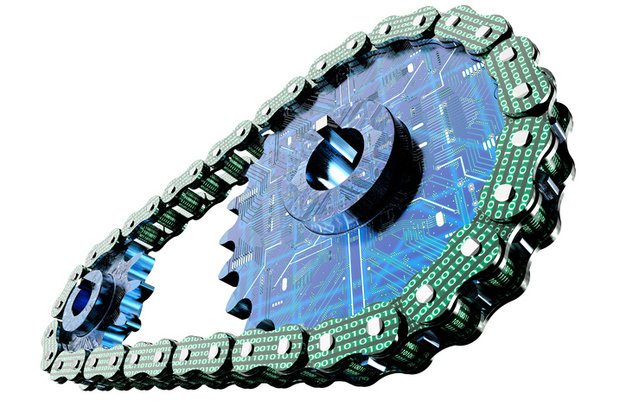Divorces are messy, and cryptocurrencies are helping to make them a whole lot more so.
Virtual currencies such as Bitcoin and Ethereum are a new challenge for U.K. lawyers, plagued with volatility and secrecy that is extending the already painful process of dividing a couple’s assets.
The rising popularity of Bitcoin — and for a while at least, its rising value — means more separations involve the currency, which is difficult to trace and hard to value. Although parties have a duty to provide full disclosure of their assets in a divorce, the anonymous nature of cryptocurrencies potentially make them a safe haven for spouses wishing to hide their money from a warring partner.
“Often in a divorce one spouse is looking for a pot of gold that doesn’t exist. But with cryptocurrencies, it’s possible the pot does exist,” Toby Yerburgh, head of Family Law at Collyer Bristow, said in an interview. Yerburgh said he started to get cases where partners are concerned about hidden Bitcoins since the currency became better known last year.
If one party decides not to disclose or provide evidence of their holdings, the divorce process becomes more expensive and time-consuming, and could result in the partner failing to get a fair share of assets. This can amount to a lot of money in the U.K., which has a reputation of being a more sympathetic place to play out high-stakes divorces, because judges generally order a 50-50 split of assets, giving equal weight to the work of a wealth creator and a partner.
“It’s creating another layer of distrust that we haven’t had to deal with before,” Jo Carr-West, a partner at Hunters, said in an interview. “The public perception that there is a lack of a paper trail causes the anxiety.”
Cryptocurrencies traded using an online exchange or bought with funds from a bank account can be easier to trace and value. But if a cryptocurrency is moved offline — for example, if someone transfers their digital wallet onto a USB — then it becomes more difficult. In this case, a digital forensics expert can be brought in to search through the spouse’s email to determine what transactions have taken place. This is a slow process that can cost thousands of pounds — sometimes more than the currency itself is worth.
“Cryptocurrencies make things complex if you have a spouse who’s determined to hold on to their money, same as if they were hiding assets overseas,” Victoria Clarke, a solicitor at Stowe Family Law, said in an interview. “We have the tools to trace Bitcoin. The difficulty is that some lawyers don’t necessarily understand it yet — you need knowledge of the asset you’re trying to get hold of.”
Source/More: Bitcoin Bitterness Starts to Make Messy Divorces Even Worse – Bloomberg
















